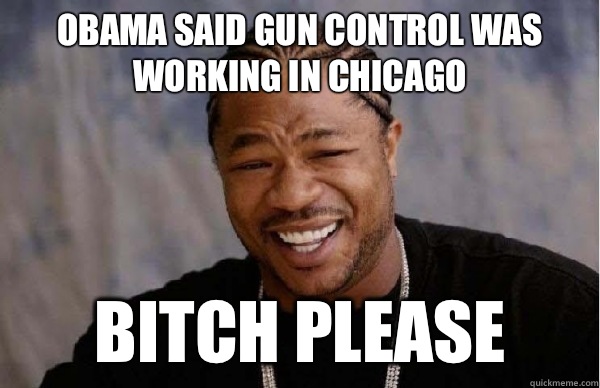As an out-of-state student here at Penn State, I know firsthand the massive sums of money that tuition ultimately will suck out of me before I die. I also know that I did not HAVE to go to an out-of-state school at all, but I’m picky and fussy about my education and nowhere else accepted me, and had my first-choice major, so here I am.
$70,000,000,000. That’s roughly the INCREASE in military spending that Congress passed for fiscal year 2019, on top of the already almost $700,000,000,000 that the United States spends every single year on its military, which is more money than the next fourteen largest nations’ military budgets combined. Most of those countries are our allies, and none of whom are our enemies, merely economic rivals.
How unbelievably easy the measure flew through the Senate Budgetary Committee. This country and its leaders will spend untold tens and hundreds of billions of dollars on supporting the most powerful military that mankind has ever seen; they won’t, however, support the millions of college students in this country that collectively owe more than $1 TRILLION in student loan debt, that’s $1,000,000,000,000.
I believe in the right to affordable higher education for all people, should they wish to pursue this path in life.
I mention the $70 billion figure because that’s the estimated annual cost to fund tuition-free public college for every single student in this country. The funny thing is that politicians opposed to implementing such a widespread (in the superior REST of the modern world), common-sense program, almost always counter the proposal with monetary concerns. I believe that the priorities of this nation are entirely backwards, with funds more fluidly going towards supporting endless middle-eastern shadow wars than the nearly debt-free education of an entire generation.
The fact of the matter is that, when all is said and done, I will be roughly $125,000 in debt by the time I finish my bachelor’s degree here at Penn State. I understand that I willingly chose a more expensive school, and it is with this understanding that I offer a reasonable caveat to my proposal:
In-state public college tuition should be completely free, covered by the U.S. Government as a reasonable and responsible measure to ensure the economic freedom of the newest generation of laborers and creators. I do NOT believe that the U.S. Government, in its funding for the tuition of millions of students, should cover the massive marginal costs of out-of-state tuition. I believe that this measure would strike a balance between fiscal responsibility and economic freedom for young people. I say this full well knowing that other out-of-state students like myself would object, saying that their tuition should be covered fully simply because of how expensive it is. While our expenses are certainly high, countless other career and college choices exist for even moderately-determined aspiring post-secondary students. Unless it can be empirically demonstrated that costs would not significantly increase the necessary budget for this program, my point stands.
Other than this one caveat, I don’t think there’s any hefty, empirical, reasonable objection to my beliefs, especially when the majority of Americans are on my side.




/cdn.vox-cdn.com/uploads/chorus_asset/file/9371561/fatal_suicide_attempts.jpg)
/cdn.vox-cdn.com/uploads/chorus_asset/file/9371563/firearm_suicides_australia.0.jpg)








